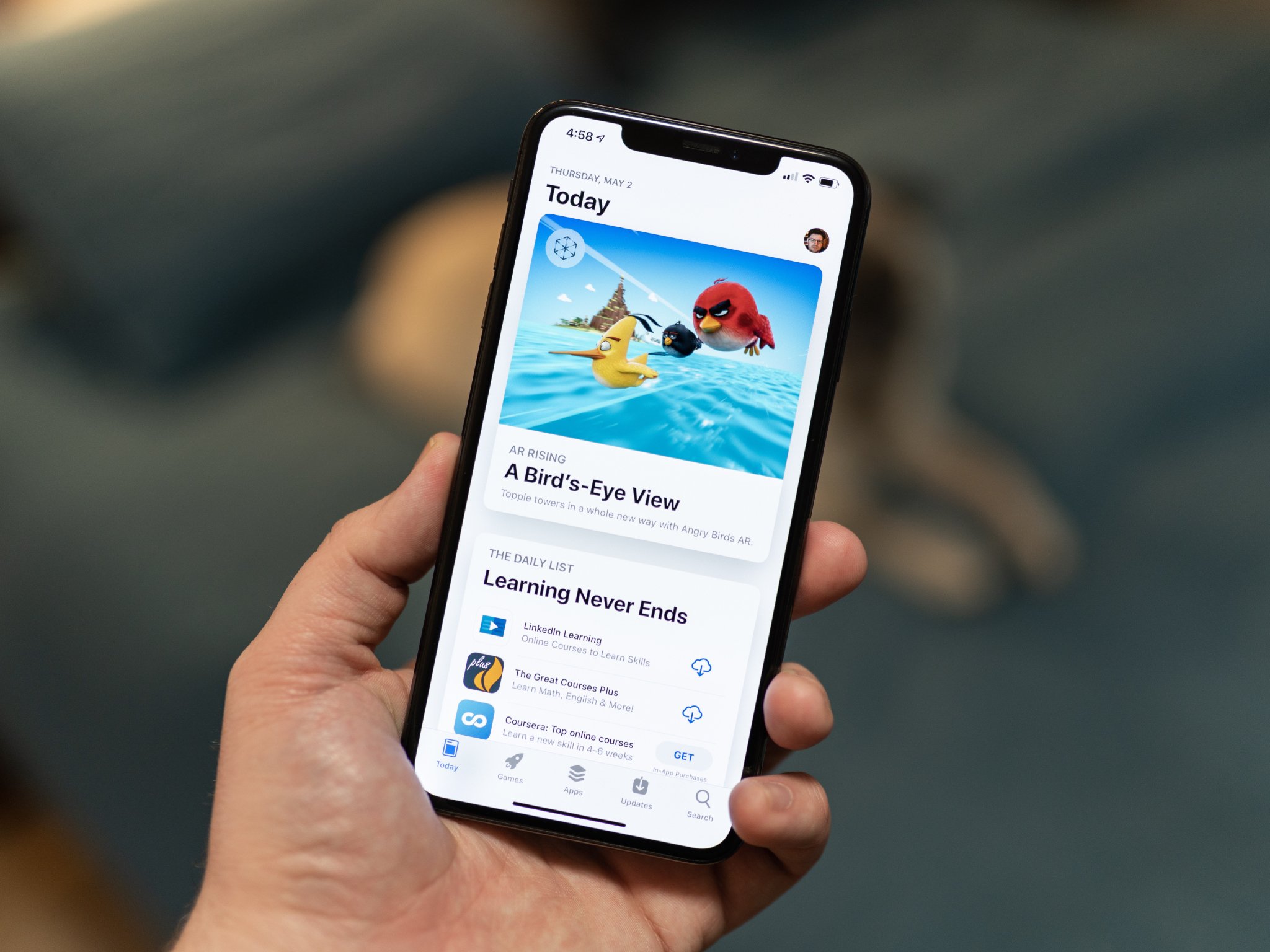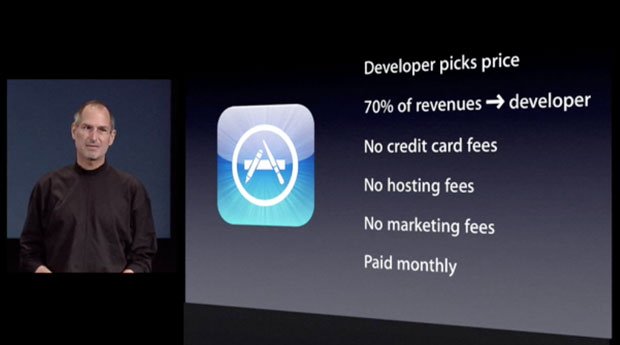If web apps are so good, why did Apple ditch them for the App Store?

iMore offers spot-on advice and guidance from our team of experts, with decades of Apple device experience to lean on. Learn more with iMore!
You are now subscribed
Your newsletter sign-up was successful
Apple is in a bit of a pickle in Australia right now after it gained the attention of local antitrust authorities over the way it runs the App Store. Authorities are concerned about the fact Apple has control over the App Store and that it's the only way to get apps onto iPhones and iPads. Apple, however, begs to differ. You can use web apps instead, it says.
After initially pointing out that the App Store and iPhone aren't the only game in town – you could use Android and the Play Store, for example – Apple goes on to say that even if you're all-in on its stuff, you needn't fear. The web is here!
Even if a user only owns iOS-based devices, distribution is far from limited to the Apple App Store because developers have multiple alternative channels to reach that user. The whole web is available to them, and iOS devices have unrestricted and uncontrolled access to it. One common approach is for users to purchase and consume digital content or services on a website.
Except, that isn't strictly right, is it? Apple famously tried to go the web app route with iPhone, before ultimately deciding that it wouldn't work and launching the App Store instead..
Rene Ritchie:
Demand for a way to create third-party apps for the iPhone was thunderous. At WWDC 2007, just before the original iPhone launched, Steve Jobs announced Apple's answer to a development platform: Web 2.0 + AJAX (now known as HTML 5). Web apps was the "sweet solution" he offered. He bullet-pointed that no SDK was required, and that web apps could look and function just like the built-in apps. They could even use URL strings to call phone numbers or launch emails.
And sure, people created web apps. But they were less than ideal. In many cases, they sucked. Sure, many of the apps in the App Store suck as well but at least they have access to all of Apple's APIs and frameworks. Web apps? Not so much.

In October 2007, Apple CEO Steve Jobs told the world what was next. And it was the App Store and an SDK. The rest, as they say, is history.
Let me just say it: We want native third party applications on the iPhone, and we plan to have an SDK in developers hands in February. We are excited about creating a vibrant third party developer community around the iPhone and enabling hundreds of new applications for our users. With our revolutionary multi-touch interface, powerful hardware and advanced software architecture, we believe we have created the best mobile platform ever for developers.
Fast forward 14 years and Apple now wants Australian authorities to believe that web apps are just misunderstood and yeah, you really can use them to go around the App Store.
iMore offers spot-on advice and guidance from our team of experts, with decades of Apple device experience to lean on. Learn more with iMore!
I've no problem with Apple defending itself and I'd be worried if it didn't. But web apps? Really?
Modern web apps are leagues ahead of anything possible in 2007, of course. Progressive Web Apps (PWA) are sweet and all. But they still have one big problem – I'll let Overcast developer Marco Arment explain what it is.
https://twitter.com/marcoarment/status/1375097438772592640
Maybe the Australians have a point after all.

Oliver Haslam has written about Apple and the wider technology business for more than a decade with bylines on How-To Geek, PC Mag, iDownloadBlog, and many more. He has also been published in print for Macworld, including cover stories. At iMore, Oliver is involved in daily news coverage and, not being short of opinions, has been known to 'explain' those thoughts in more detail, too.
Having grown up using PCs and spending far too much money on graphics card and flashy RAM, Oliver switched to the Mac with a G5 iMac and hasn't looked back. Since then he's seen the growth of the smartphone world, backed by iPhone, and new product categories come and go. Current expertise includes iOS, macOS, streaming services, and pretty much anything that has a battery or plugs into a wall. Oliver also covers mobile gaming for iMore, with Apple Arcade a particular focus. He's been gaming since the Atari 2600 days and still struggles to comprehend the fact he can play console quality titles on his pocket computer.
